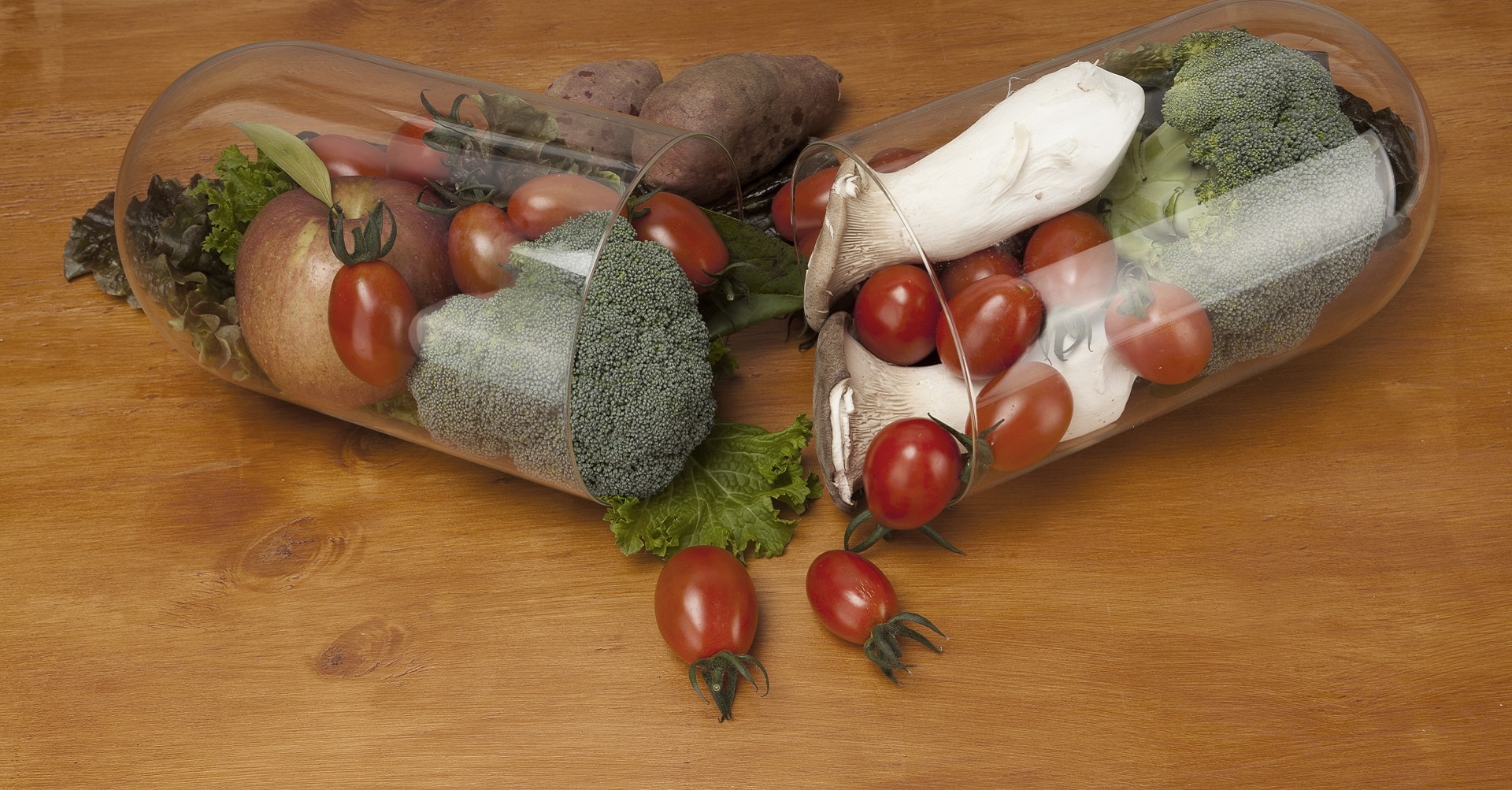High up on the list of things you probably believe you should be doing to stay healthy is “Take your vitamins!” If you’re really committed to your glowing good health, you probably spend a small fortune each month stocking up on the supplements you need to keep all the bits of your body functioning optimally.
In reality, however, most doctors agree that vitamins do very little to improve your general health. “Your diet is your primary source of the nutrients that you need – even if you don’t have a particularly good diet,” says Johannesburg general practitioner Isabel Thompson.
Vitamin supplements are mostly just expensive products with no real benefits at all
"Vitamin supplements are mostly just expensive products with no real benefits at all."
She explains that people are very concerned about the toll that modern living is taking on their bodies, and believe that vitamins are a way of fighting back. However, the problem with most modern, middle-class diets is that they are too high in protein, refined carbohydrates and bad fats, and taking vitamins is not going to diminish these dietary factors.
When you might need a vitamin supplementDr Thompson only recommends vitamins in very specific cases where an actual deficiency has been medically diagnosed or a particular condition requires a supplement. These include Omega 3 oil for high cholesterol, calcium for bone density if you have a family history of the disease and are over 40, and iron for anaemia.
According to WebMD, patients that could require a vitamin supplement also include:
- Women who are pregnant or breastfeeding
- People on a vegan or some vegetarian diets
- People with poor or low-calorie diets
- People with certain diseases
- People who suffer from food allergies or intolerances
- Picky eaters who limit their food groups or variety
- People taking certain medications
It is also important to respect the recommended daily allowances of vitamins to avoid toxicity from taking too much of a particular vitamin.
How will I know if I am getting enough vitamins in my diet? Both WebMD’s medical team and Dr Thompson agree that a nutritious diet is the key to good health. Dr Thompson recommends that fresh, home-cooked meals made up of lots of vegetables are the best way to get all the nutrients that you need, without worrying too much about the specifics.
What about Vitamin C? Doesn’t that prevent colds and flu?Dr Thompson says that no, unfortunately, there is no evidence that Vitamin C helps your immune system to fight those viruses.
A 2007 study showed that Vitamin C taken after a cold started made no difference to the severity or duration of the cold. The same study found that taking Vitamin C every day could shorten cold duration very slightly – by 8% in adults and 14% in children. However an additional seven studies found that Vitamin C was no more effective than a placebo at shortening the duration of symptoms.
The bottom lineVitamins are only really useful for supplementing specific missing nutrients or treating conditions that are diagnosed by medical professionals. They don’t change your life, they don’t make you healthier and they don’t magically reverse the harm you are doing to yourself with a poor diet. Don’t believe the marketing.
Eat healthy, home-cooked meals made with lots of vegetables, and you’ll do yourself far more good than you will spending a fortune on supplements you probably don’t need.




